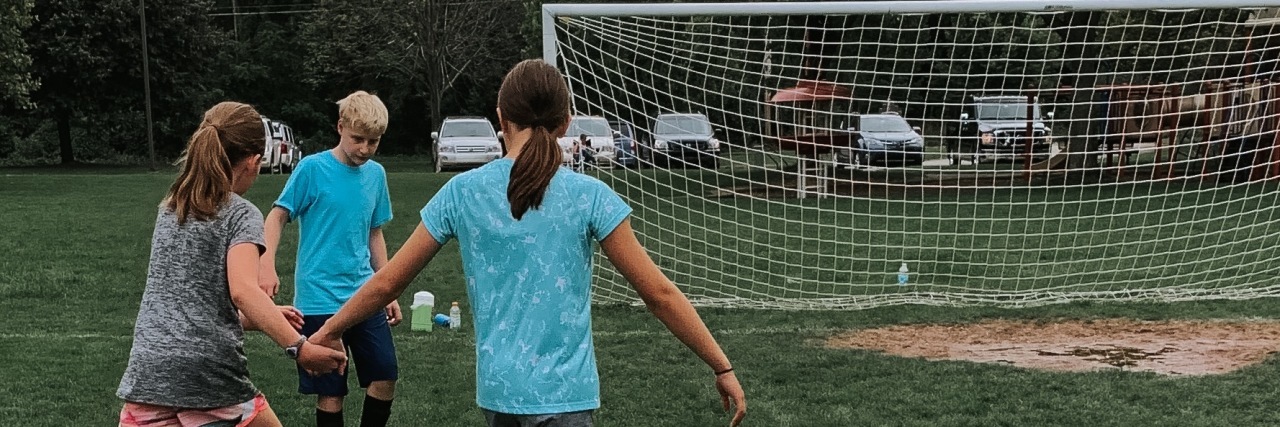The other day, I had a well-meaning but very discouraging conversation about Unified Sports that only solidified the importance of its mission: to create opportunities for disability awareness, acceptance and inclusion in sports and in the greater community.
“So is that basketball team just for the ‘special needs kids’ or do the regular students play too?”
Through clenched teeth, I responded: “In Unified basketball, the students who have disabilities play alongside the students who do not.”
“So the students that aren’t your kids*, they just kinda help your kids play the game?”
*I am a special education teacher, so “your kids” meant the students I get to teach.
“Actually, all students play equally — getting to pass and take shots. No player is in a coaching role. That’s why it’s called Unified, because it brings students of all abilities together to play sports. And our game was pretty competitive last night. All of the students’ talent and spirit would amaze you.”
Cringe-worthy, right? The choice of language and lack of awareness didn’t surprise me, but it did disappoint me greatly.
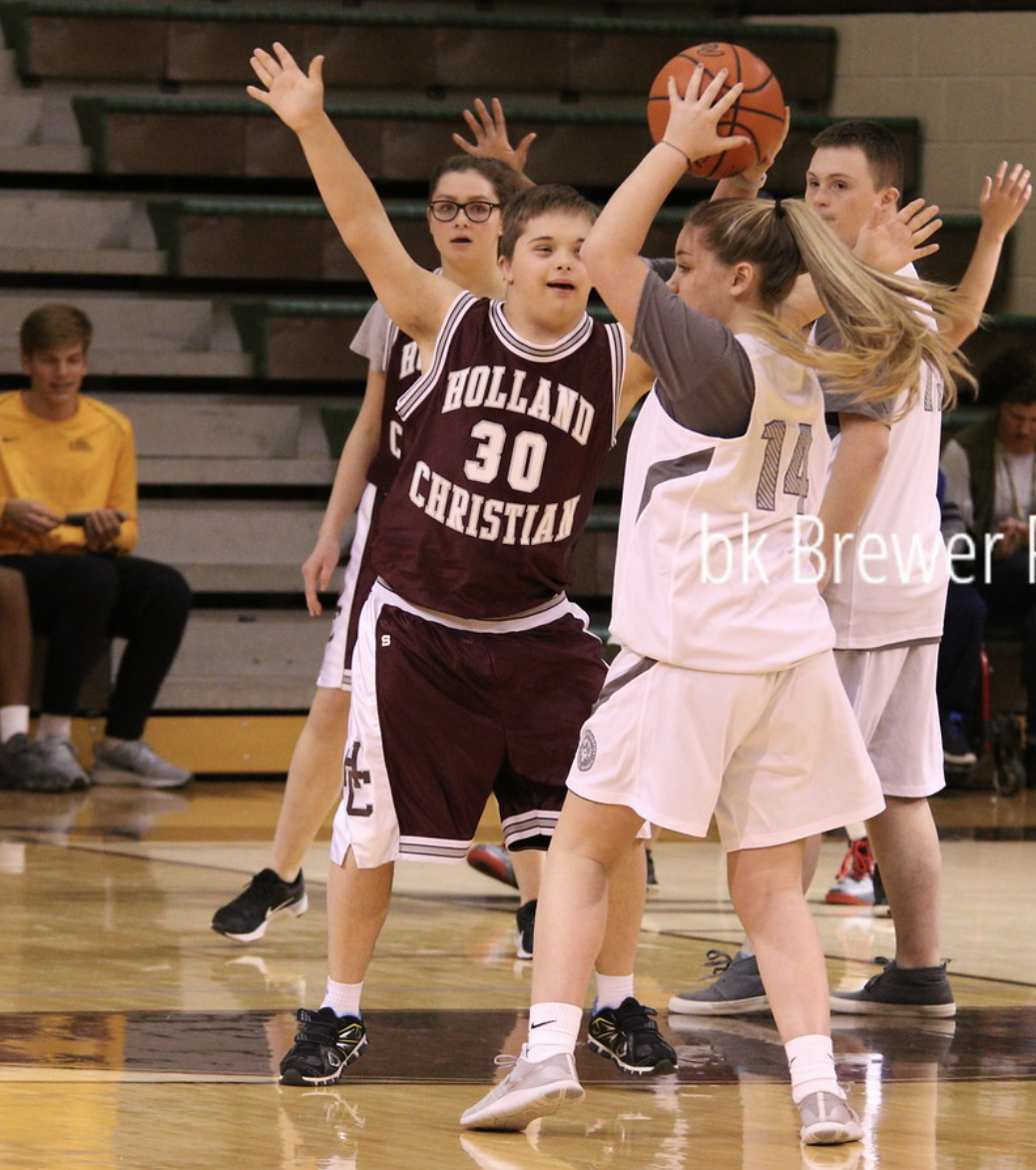
The mission of inclusion is to make the word “inclusion” obsolete; to no longer have to name something as inclusive, because the action is so accepted and normal, nobody thinks anything extraordinary of it. The mission of Unified Sports, at least in my opinion, is to run it out of business. One day, students with and without disabilities will play side by side on a school team and it won’t be a reason to call a news crew for the inevitable inspiring, viral video that would follow.
Though it’s clear from my conversation above that we have a ways to go in our plight for inclusive language and behavior, Unified Sports is changing people. It’s reframing the way society looks at ability, friendship and competition. It’s bringing us leaps and bounds closer to our aim of making inclusion the new normal.
And here’s how Unified does it…
1. It’s for everyone.
Inclusion invites us to welcome and celebrate those who aren’t often given the same opportunities. In Unified Sports, all students are welcomed to play, regardless of ability or disability. There’s no discrimination against students who haven’t played the game before, for students who aren’t athletically gifted, for students who have sensory needs or difficulty following directions. Within the restrictions of a typical team’s size, any student is welcome.
To make things consistent during competition, teams are required a certain number of athletes (students with a documented disability) and partners (students without) on the court/field at one time. But often, when you watch a game, it is hard to decipher which students are those who would typically be classified as having disabilities. Everyone blends together — passing, shooting, cheering. It’s a team. The best kind. And when it comes to spectators, it’s for everyone just the same. You enjoy competition? You’re looking for inspiration? You want to watch your child or friend kick butt with new skills? You’ll find it. And win or lose, everyone walks away better than they came. Winning is just icing on the cake.
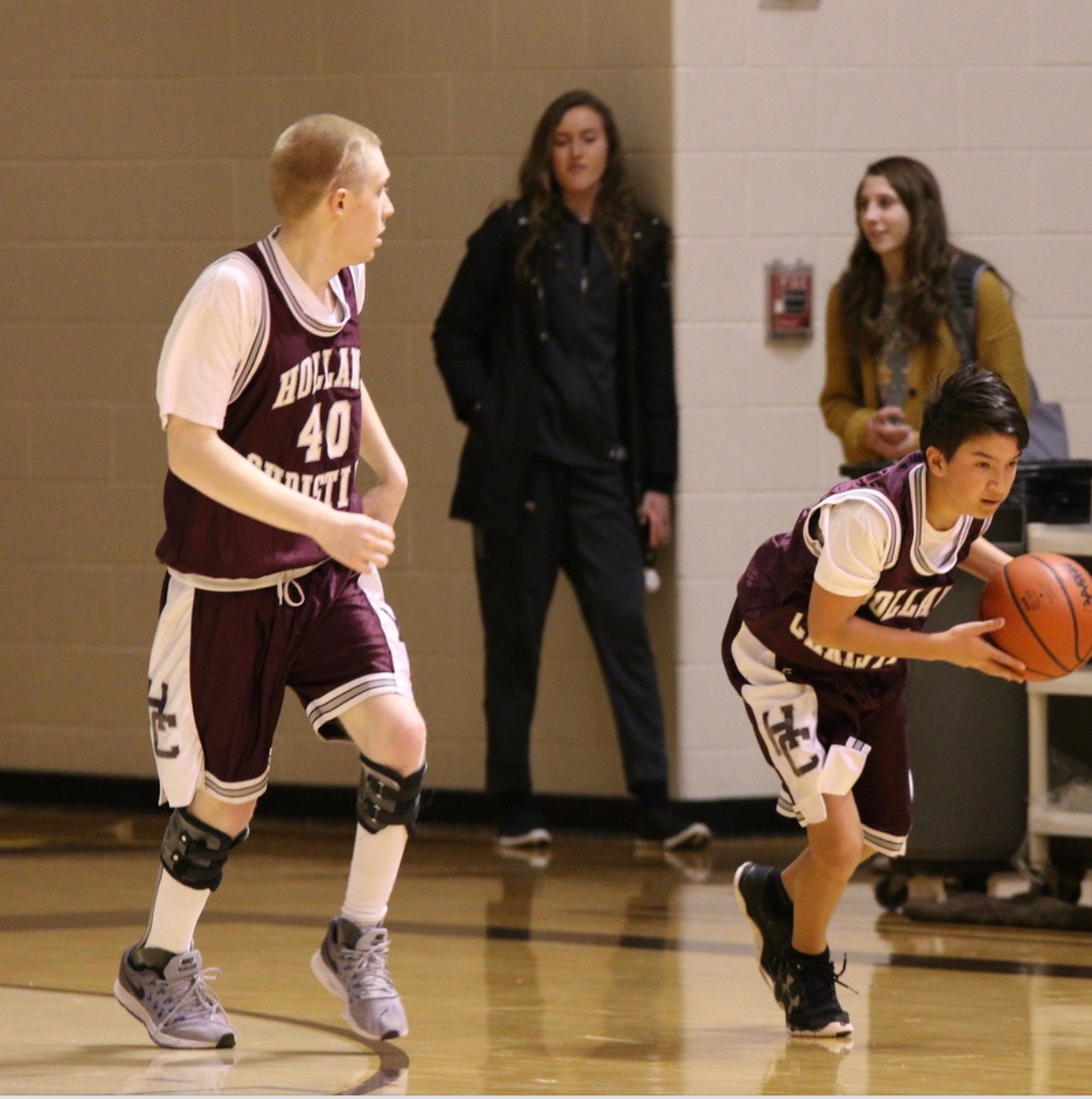
2. It’s legitimate athletics.
Unified Sports are competitive, or at least they have the option to be. Our students feel they are competing, because they are. It’s not staged. It’s not over-hyped. It’s a team with games and practices, coaches who want to win and parents who will do anything to watch. The students with disabilities aren’t sitting on the bench or serving as team manager; they are out there playing the game — being passed the ball, cheering on their teammates, taking shots, and sometimes grumbling in defeat. This is the real deal for every student athlete out there playing the game. And everyone involved deserves nothing less.
Many families of children with disabilities recognize their child isn’t keeping up with typical recreation sports, and they are often faced with the decision to let their child play by warming the bench or to remove their child from the sport altogether. One parent of an athlete shared with me that her son had “done unstructured sports-like things before, but this is his first real team experience. He has been ready for it.” Another parent said her daughter had “watched her older brother play for years,” and she was excited to try it too. Unified Sports is the answer for so many families — a real team at a reasonable level.
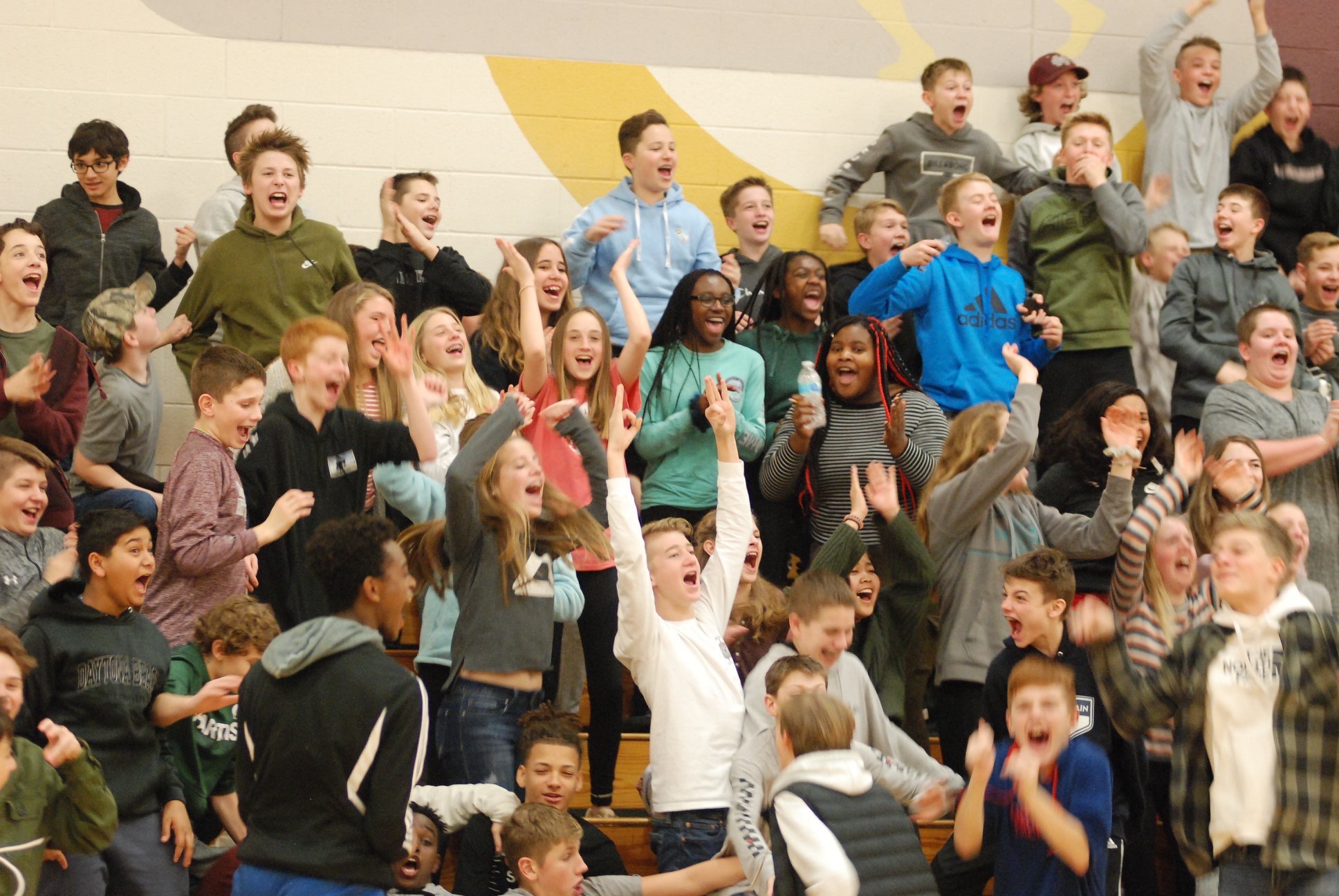
3. It’s important. Inclusion is important.
And not just for the person being included — for everyone. Unified Sports has demonstrated what happens when we don’t let diagnoses dictate capability and when we open up our children to all kinds of friendships. Our children are not innately wired to see differences as reasons to pull away. That mindset is taught. Our children want connection and friendship, and Unified Sports emphasizes relationships between team members no matter their differences. At the first day of our team’s soccer practice, a partner ran up to greet an athlete with a big hug and a “you’re playing too? Yay!” It’s no big deal, and yet, it totally is. I heard from one parent that her children slept in their shin guards the night before the first practice and another parent shared that her child could not stop talking about the impending soccer practice the whole week before.
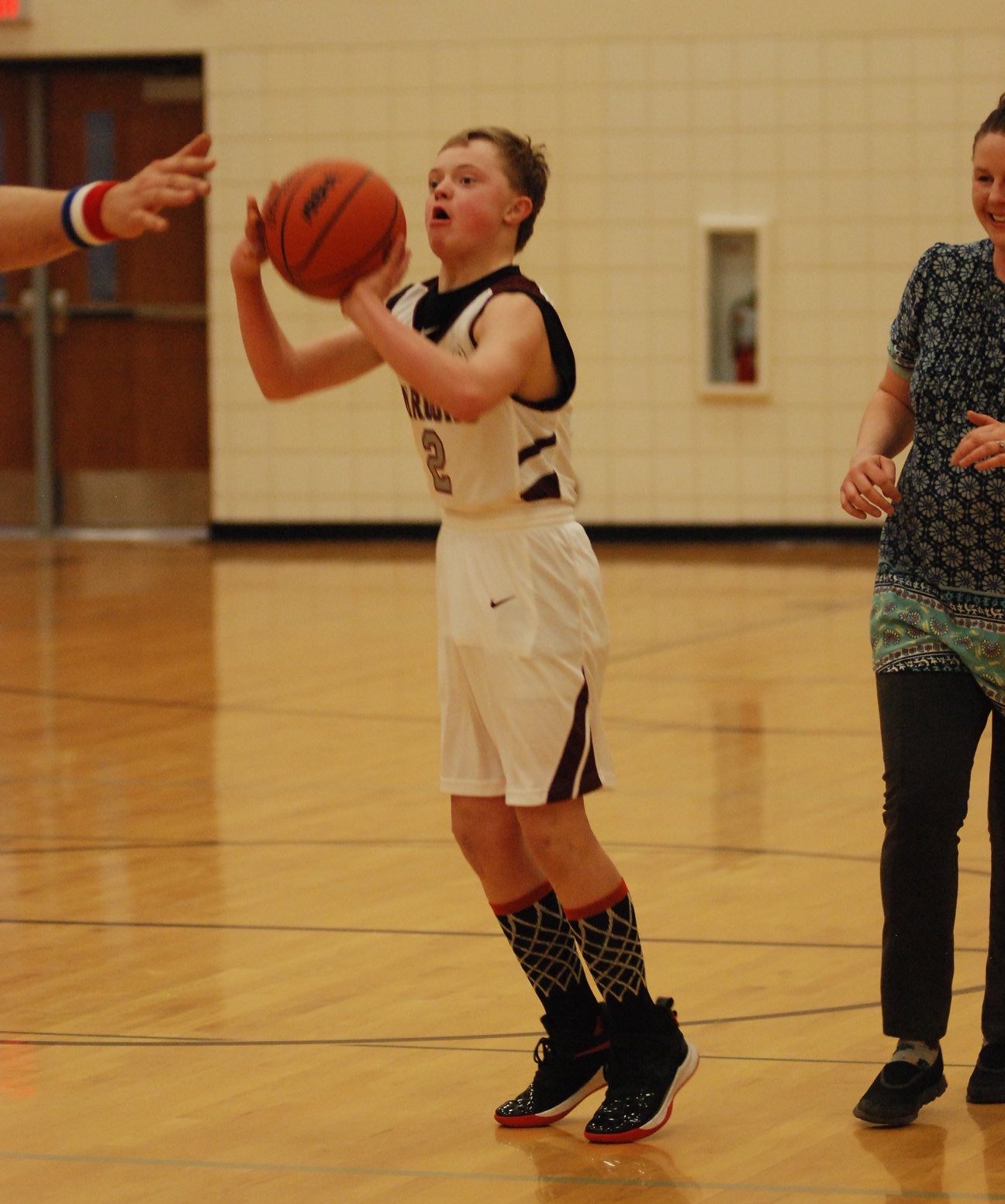
Inclusion through Unified Sports is making a difference for everyone. It has given players a “thing” to own, to look forward to, and to be proud of. It has given students who often feel lonely familiar faces of teammates within the walls of his/her school. It has left parents in tears of gratitude to be able to watch their son/daughter play the sport they love. It really redeems a love of sports for a person.
It’s really exciting that Unified Sports is giving everyone a chance to do something they love and be recognized for it without the opportunity being seen as separate or “special.” It just is. And that’s what I hope inclusion becomes — expected rather than extraordinary. We are not there yet, but we are well on our way. Who would’ve thought sports could lead the inclusion revolution?
If your interest is peaked, check out how to bring Unified Sports to your community.

